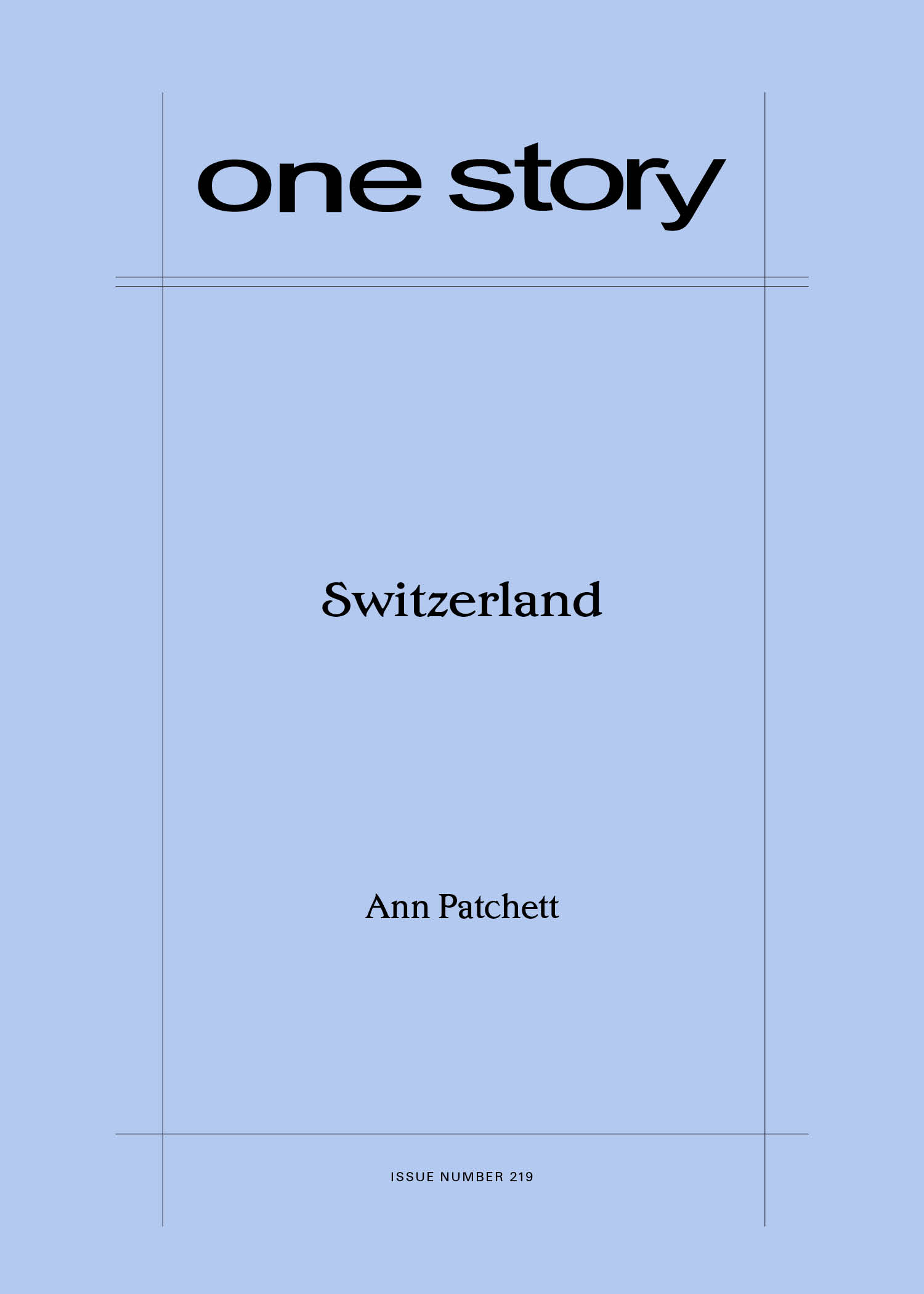
Switzerland
$2.50
Sold out
Excerpt
Six months in advance of her retirement from the Los Angeles County District Attorney’s office, Teresa bought herself a ticket to Switzerland to visit Holly at the Zen Center. She did it so she’d have something to look forward to. She wasn’t sure about retiring so much as she feared becoming a doddering presence in the job she had loved for so long. In her years as a paralegal she’d seen everyone come and go, rise and fall and pack the contents of his or her desk into a box. Sooner or later she’d have to do the same, and wouldn’t it be better to do it before they started nudging her towards the door? At seventy-two she might well have the time to figure out another life, not that she was sure what that meant exactly. She thought she might take a bridge class or do a better job with her yard. She thought that she could go to Switzerland to see her daughter.
Two weeks after her retirement party, a pretty gold watch on her wrist and a ticket in her purse, she called a taxi for the airport.
Ann Patchett
Ann Patchett is the author of seven novels and three books of nonfiction. Her work has won numerous awards including the PEN/Faulkner, England’s Orange Prize, and the Book Sense Book of the Year, and has been translated into more than thirty languages. In 2012 she was named one of the 100 most influential people in the world by Time magazine. She lives in Nashville with her husband Karl VanDevender and their dog Sparky, and is the co-owner of Parnassus Books. Her latest novel, Commonwealth, will published by Harper Collins in September of 2016.
Patrick Ryan on “Switzerland”
“Switzerland” is a story about a mother visiting a daughter who’s gone off to live at a Zen Study Center halfway around the world. It’s about a retiree diving deep into meditation for the first time in her life. And it’s about a parent reaching for her children long after both life and death have stepped in the way.
Whenever I read Ann Patchett, I discover something new about what great writing can do. More importantly, I discover something new about living. Joy, grief, regret, forgiveness, a grappling with the past and a hesitant embrace of the present—they’re all here.
We’re thrilled to be presenting you with this new story by Ann Patchett. Take a deep breath, clear your thoughts, and open your mind to the beauty of “Switzerland.”
Q&A by Patrick Ryan
- PR: This story is a standalone section—a kind of set piece—taken from your forthcoming novel Commonwealth. Can you tell us just a little about the subject matter of the book?
- AP: Commonwealth looks at the long-term effects of a spontaneous decision. Two people meet and decide to have an affair, but they’re both married and they have six children between them. The book looks at how the lives of the four parents and six children play out over fifty years. It’s enough to make anyone think twice about fooling around.
- PR: Speaking as someone who meditates (and sometimes struggles with being able to focus), I found your descriptions of Teresa’s journey into meditation remarkably spot-on. What drew you to writing about meditation to begin with? Is it something you practice?
- AP: I do meditate. I think of my meditation practice as fairly lumpy and amateurish, but even with all its flaws it helps me. It was a fun challenge: how do you write about people sitting in silence trying to clear their minds and exist in the present moment? There’s not a lot of action.
- PR: In a way, the daughter (Holly) becomes the mother’s teacher in this story. Do you think that was something Holly set out to do, or is it just a fortunate coincidence of their coming together at the Zen Center?
- AP: Holly does not set out to teach her mother, but the best way to teach anyone is to live an exemplary life. Holly has a strong meditation practice, and her mother sits next to her and tries to figure it out. Just through showing up hour after hour and sitting still, Teresa finds some of Holly’s peace of mind.
- PR: The closing moments of this story comprise one of my favorite endings to anything I’ve ever read. Teresa isn’t imagining anything she hasn’t imagined before, and she isn’t seeing a ghost. But she has something now that she didn’t have before. Can you expound just a little?
- AP: Teresa is given the gift of acceptance. She realizes she can’t change the past, but she’s allowed to see it clearly, without judgment. The nicest thing about writing fiction is that you get to give your characters these beautiful gifts, or you get to kill them, depending on the day.
- PR: What are you working on now?
- AP: I’m working on book tour now, which means I’m doing Q & A’s (though none as lovely as this). I’m talking to newspapers in Australia on a headset phone while brushing my dog. I’m discussing flight schedules and thinking about what I should pack. I’m trying to stay calm. I have a novel in my head but that’s just something to look forward to, something for the future.
- PR: What is the best bit of advice about writing you have ever received?
- AP: Volume, by which I mean quantity and not sound. Allan Gurganus was my first and best fiction teacher and he was a strong proponent of stacking up pages. Write a lot, don’t judge yourself, then go back later to see if what you have is any good. It’s so much better than freezing up and trying to put down ten perfect words. Writing is better than thinking about writing. How’s that?